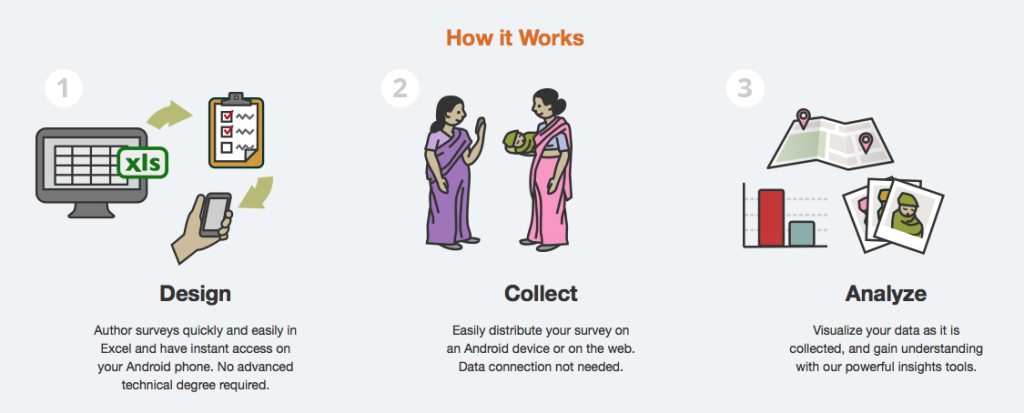We are excited to welcome Heba Ghannam, a PFP Fellow (Professional Fellows Program) from Egypt! The Professional Fellows Program is a US state department fellowship organised by Legacy International, that brings emerging leaders from the public and private sector from around the world to the United States for an intensive five-week fellowship, designed to broaden their professional expertise. This year, TechChange is excited to host Heba!
Heba is an Egyptian social activist with a strong passion for democracy, human rights, development and social change. After earning her Bachelors degree in political science from Cairo University, Heba worked for Procter & Gamble for four years, travelling between Egypt, Lebanon, Jordan and Syria while doing lots of development work with local NGOs as a volunteer. After the January 25 Revolution, Heba quit her job to join the first Middle-Eastern incubator for social enterprises. She then joined “Tahrir Academy”, a non-profit online collaborative learning platform replicating the Khan Academy model for Arabic speaking countries. She currently works for UNICEF Egypt where her work focuses on adolescent development and gender. In her spare time, Heba loves reading, especially about anthropology, Sufism, and history.
Heba will be at TechChange as for her PFP fellowship for 5 weeks. Welcome Heba!

